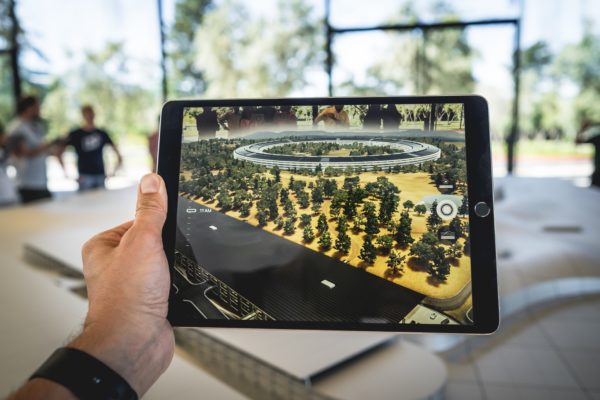Cutting edge research has taken another step forward with the opening of the new TERI-Deakin Nanobiotechnology Centre nano-chemistry laboratory.
With a focus on research into the global challenges of food security and sustainable agriculture, the TERI-Deakin Nanobiotechnology Centre (TDNBC) is the world’s first dedicated nanobiotechnology research centre.
A partnership between Deakin University and The Energy and Resources Institute of India (TERI), the Centre earlier this year unveiled expanded facilities at TERI’s Gwal Pahari campus in Guragon, Haryana, India.
The new nano-chemistry laboratory, opened by Deakin’s Professor Peter Hodgson, Deputy Vice Chancellor (Research) in August, has been built to support a range of research activities at TDNBC, including nanoparticle synthesis, small molecule-nanoparticle hybrid development, organic synthesis, extraction of phytochemicals and purification of secondary metabolites isolated from microorganisms.
[testimonial_text]The cutting edge facilities in the TDNBC nano-chemistry laboratory will enable the Centre to continue its important work in developing and delivering world-class nanobiotechnology solutions to challenging agricultural and environmental issues.[/testimonial_text]
[testimonial_picture name=”Professor Peter Hodgson” details=”Deputy Vice Chancellor (Research)”]
 [/testimonial_picture]
[/testimonial_picture]TDNBC research has already resulted in technology that includes water purification devices for rural communities without access to electricity, conversion of waste into useful biologically synthesised agrochemicals, and the treatment of seeds with nano-fertilisers and pesticides.
The Centre, which started when Deakin and TERI began their partnership in 2010, is currently home to 16 full-time research scientists, 13 research and technical staff, and seven PhD students. Eight PhD theses have been awarded so far under a joint PhD program between Deakin and TERI.
Students based at the Centre are enrolled as PhD candidates at Deakin and receive joint supervision from the University and TERI under the Deakin India Research Initiative (DIRI), created in 2009 to bridge the innovation gap between academia and industry.
Published by Deakin Research on 7 September 2017



